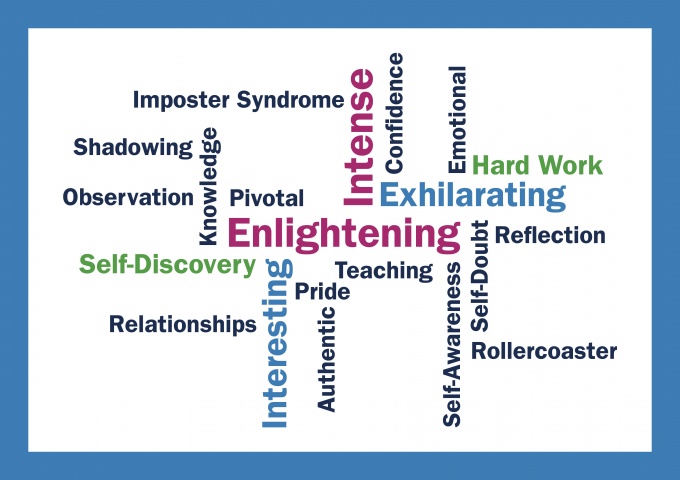by Rebecca Openshaw, Early Years Leader of St Mary's Academy Trust
My role is Early Years Foundation Stage (EYFS) leader within my own school and across a MAT. I have been a Thrive Licensed Practitioner® for seven years and a Thrive Licensed Trainer® for five.
While working with children in foundation stage, I have been able to use the Thrive Approach® as an essential part of my day-to-day life with four and five-year-olds. The flexibility of the EYFS allows all staff in the setting to work alongside the children supporting their emotional development throughout daily play. This has been all the more relevant and necessary during the past year with Covid-19 and the changes in daily life and the dysregulation this brings for both children and families. Having the underpinning knowledge of Thrive® and the neuroscience around brain development allowed us to remain supportive of our children's needs, our families and ourselves as staff.
The early years in school nurseries and reception classes provide us with a significant opportunity to respond to children within the right-time of their learning. Catching children in these key times for brain development helps us to support their emotional development and build their confidence, curiosity and resilience alongside supportive adults.
As a school that is an early adopter of the new EYFS curriculum, this is even more important. In the EYFS early adopter handbook three out of the four statements refer to:
- every child is a unique child, who is constantly learning and can be resilient, capable, confident and self-assured
- children learn to be strong and independent through positive relationships
- children learn and develop well in enabling environments with teaching and support from adults, who respond to their individual interests and needs
The new personal, social and emotional development (PSED) statements that make the Early Learning Goals are now self-regulation, managing self and building relationships. These are directly supported using the Thrive Approach. The focus for children to be able to feel sensations within their bodies are in both the PSED statements and the expressive arts and design (EAD) strand, as is the emphasis on supporting children with their emotional understanding and being able to regulate their emotions.
The strategies, activities and ideas that support this key time of learning within Thrive training give early years Thrive Licensed Practitioners a secure understanding of how we can support our foundation stage children in this crucial development. Having used Thrive for many years, it's fantastic to see the Approach mould to changes in the curriculum and continue to make a huge impact on the children I work with.
Over to you
Reduced anxiety and behavioural incidents. Calmer classrooms filled with engaged leaners. Improved relationships with parents and carers. These are just some of the outcomes reported by settings embedding Thrive’s whole-school approach to mental health and wellbeing. Are you ready to join them? Click here to get started.
Pass it on
Small actions can lead to a big ripple effect. If you enjoyed this post or found it helpful, please consider supporting us in our mission to help every child and young person feel safe, supported and ready to learn by sharing it using the social media buttons below.
Want to join a like-minded community of senior leaders and classroom staff benefitting from insights and strategies to improve attendance, behaviour and attainment? Add your email address below. (It’s easy to unsubscribe).





_680.jpg)
